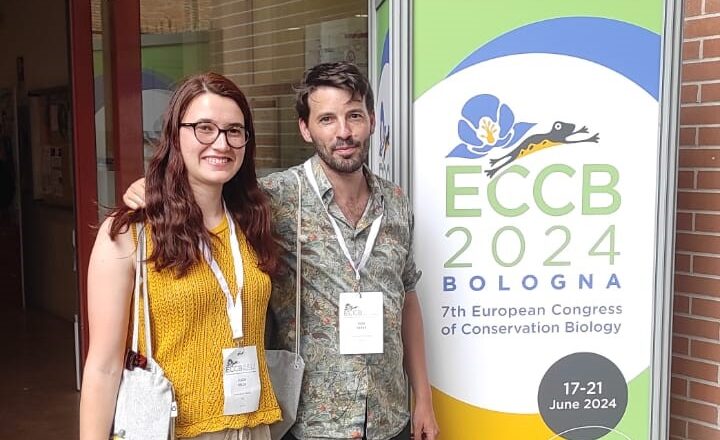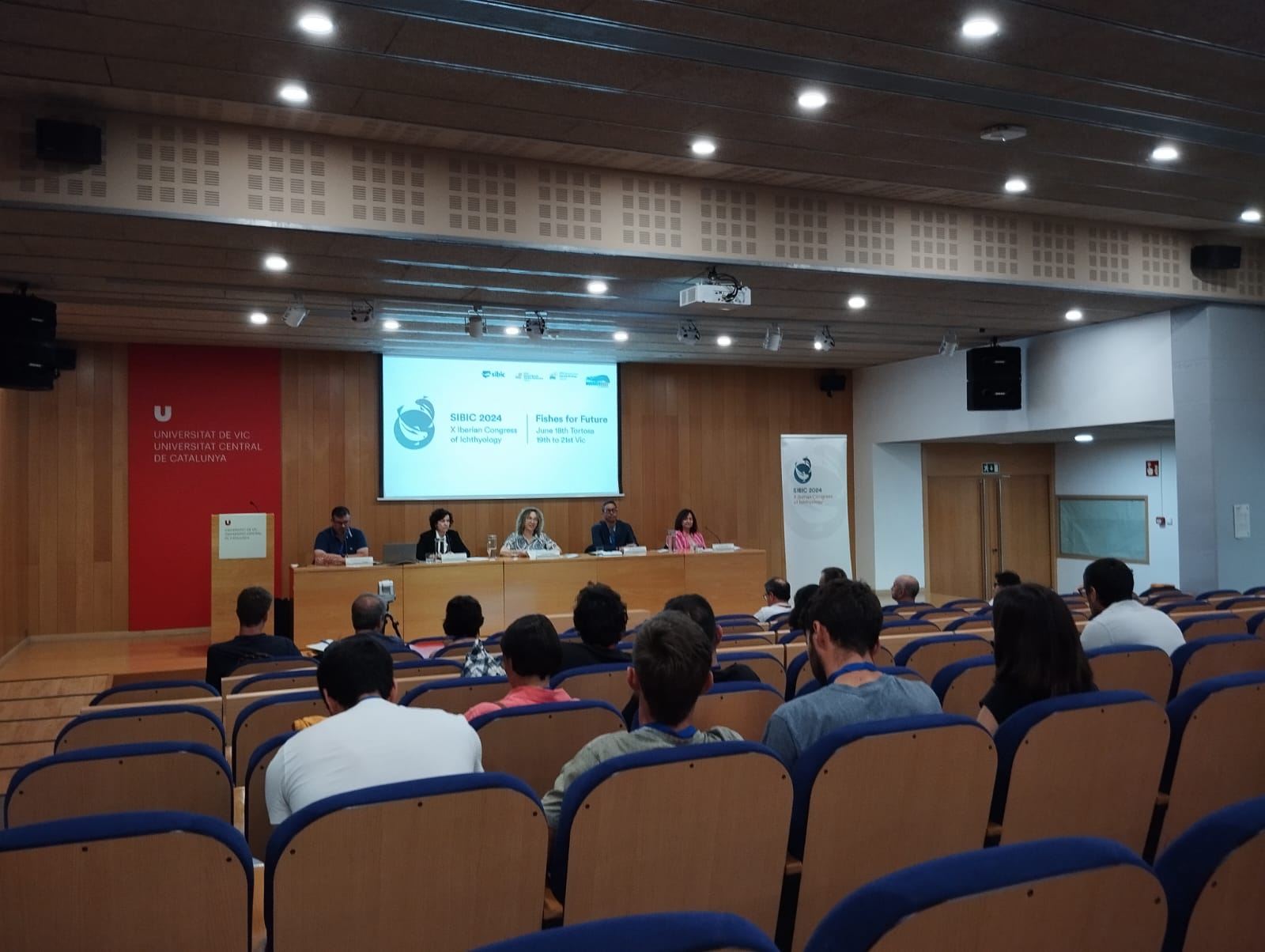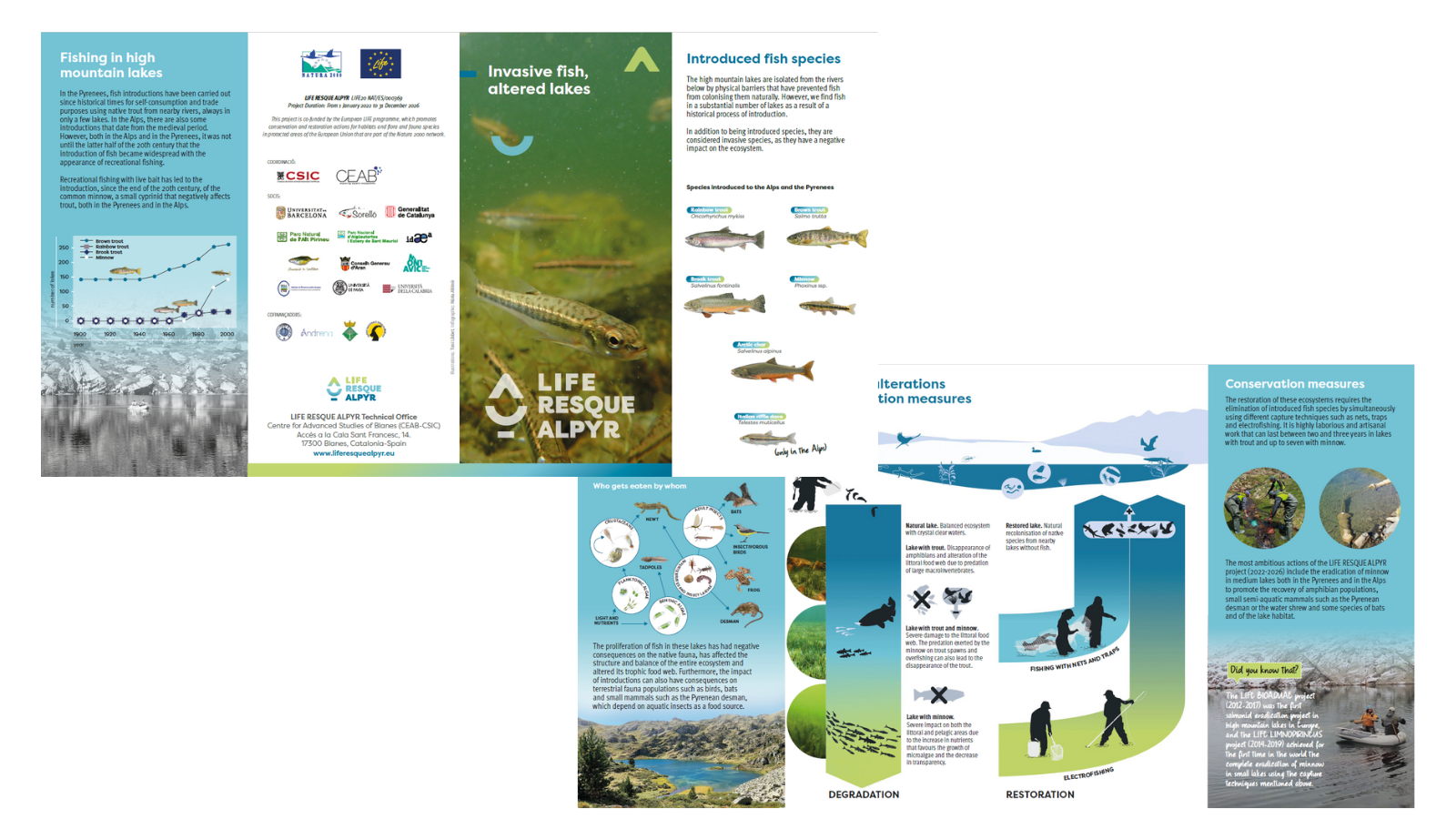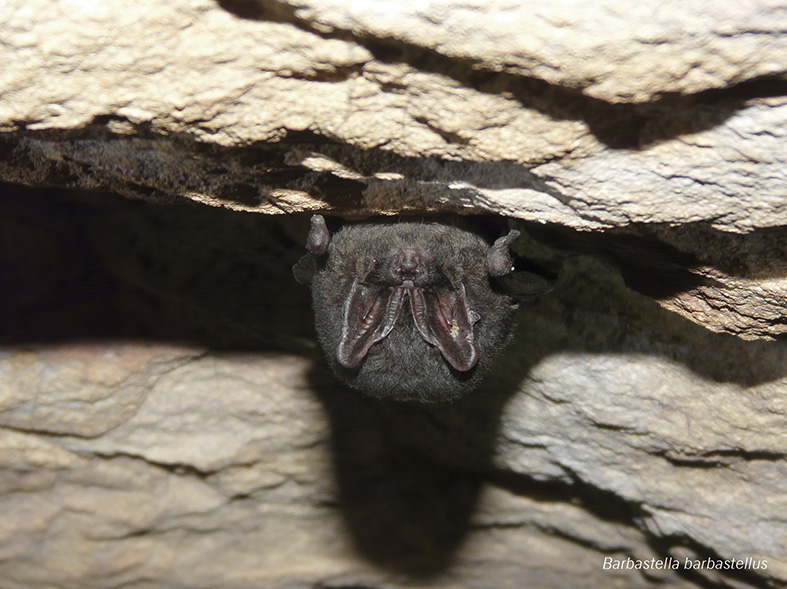-
Explaining the negative impacts of introduced fish at ECCB 2024
The project LIFE RESQUE ALPYR has participated at the 7th European Congress of Conservation Biology held in Bologna (Italy) between 17 and 21 June 2024. Our PhD student, Lucia Bello, from the University of Calabria, contributed with an oral presentation discussing the preliminary results of how introduced fish might have a negative impact on shrew…
-
The conservation of native fish of the Iberian Peninsula is the focus of the 10th Iberian Congress of Ichthyology
Researchers from the project were among the speakers at the 10th Iberian Congress of Ichthyology, ‘Fish for the Future’, organized by the Iberian Society of Ichthyology (SIBIC) and the University of Vic – Central University of Catalonia. The scientific meeting was held in Tortosa and Vic on June 18 and 21, 2024. This time, the…
-
Published the third brochure of the project
The high mountain lakes are isolated from the rivers below by physical barriers that have prevented fish from colonising them naturally. However, we find fish in a substantial number of lakes as a result of a historical process of introduction. In addition to being introduced species, they are considered invasive species, as they have a…
-
Bats, little-known marvels!
Today is the International Bat Appreciation Day, with over 1,440 species worldwide, bats are true examples of biodiversity among mammals. Approximately 20% of all mammal species are bats. The order Chiroptera, a Greek-origin name meaning “winged hand” (cheir = hand, pteron = wing), encompasses all bat species. Bats are distributed throughout most of the planet,…







